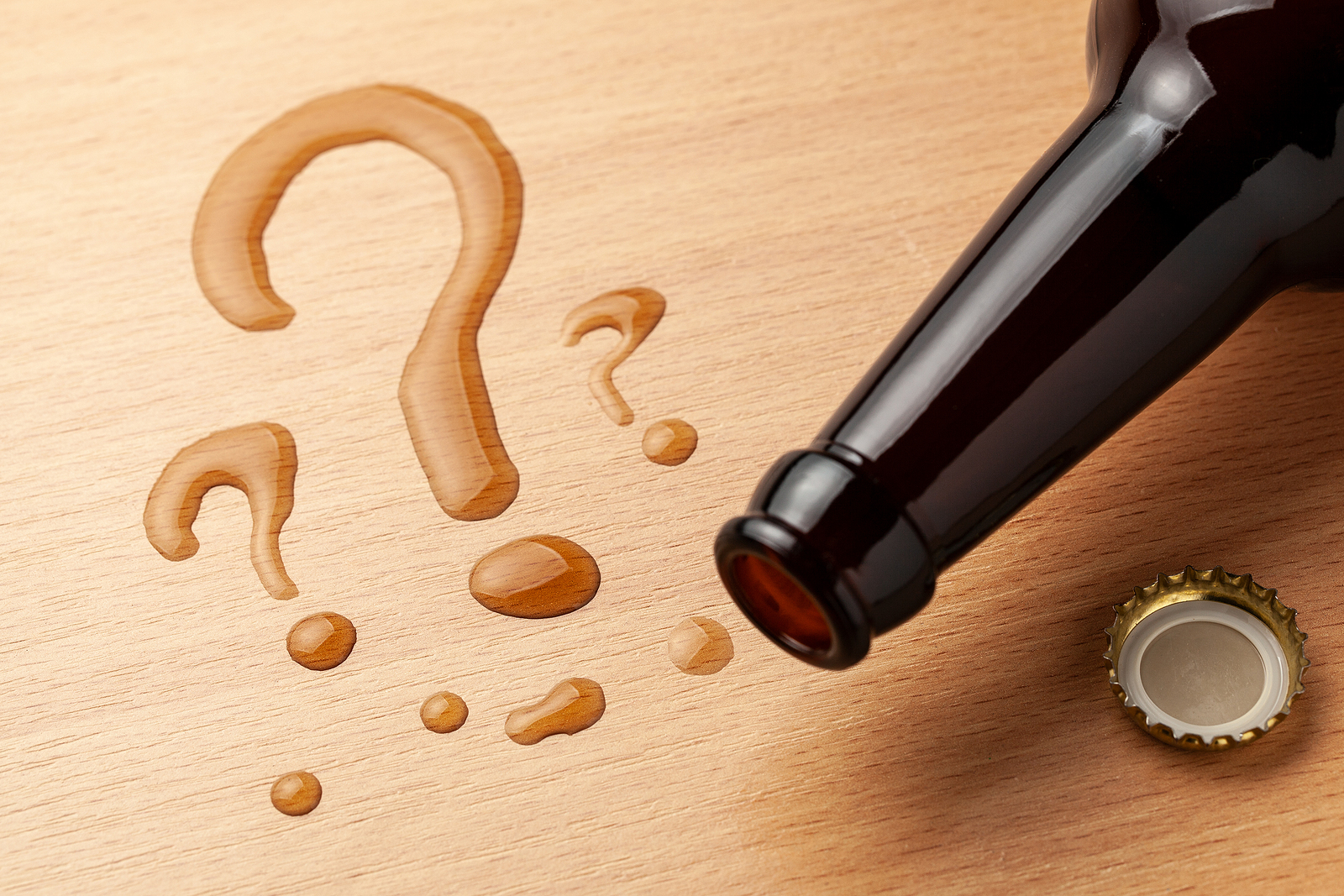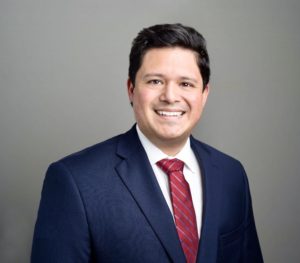When a police officer suspects that you’re driving under the influence of alcohol or drugs, they take immediate action and get you off the road. They pull you over and evaluate you. They assess your behavior and often test your breath. If they can’t confirm their suspicions, they send you home. If you fail their tests, they arrest you and your life grows complicated. If the court convicts you of a DUI, the consequences usually change your life. If you have questions about your case don’t hesitate to reach out to an experienced DUI lawyer to discuss your legal options.
A DUI Case Complicates Everything
When an officer arrests you for a DUI crime, you become the focus of aggressive enforcement and prosecution. The criminal justice system controls and influences everything you do from that point forward. The arresting officer and prosecuting attorney join forces against you. If the court finds you guilty, penalties often include jail time, fines, probation, license suspension, and a long list of personal complications.
Even a first-time DUI conviction affects your life in unanticipated ways. You usually lose your job if you do jail time. A criminal record usually stops a new employer from hiring you. Many landlords won’t rent to you, and a criminal record usually disqualifies you if you need public assistance.
For the best outcome, you need immediate help from a criminal defense attorney. They stand with you throughout the criminal process, and they help you present the best possible defense.
Answers to the Most Common DUI Questions
Even if you don’t have a pending DUI case, you must understand the basics should you encounter a problem. Below we provide answers to some of the most common questions about DUI cases.
What’s the difference between DUI and DWI?
Both terms describe a person’s condition when they drink or do drugs, then drive a car. DUI is a customary abbreviation for driving under the influence. DWI usually means driving while intoxicated. The meanings vary from state to state. When a state includes these and other terms in its alcohol statutes, they explain their specific meanings in a definition section.
When can a law enforcement officer stop you for a suspected DUI?
Police stop you for alcohol or drug crimes when they believe they have probable cause. Law.com provides a more straightforward definition than most state statutes. It describes the probable cause as “sufficient reason based upon known facts” When addressing a DUI crime, probable cause varies based on state laws and past court interpretations.
In most states and territories, probable cause exists if:
- An officer sees you driving erratically: illegal turns, improper lane changes, tailgating, etc.
- You caused an accident.
- You or a passenger have an open alcohol container in your car while driving or parked on a public highway.
- You’re behind the wheel and visibly intoxicated.
- Motorcyclists: trouble turning on a curved lane, problems dismounting, balancing issues, etc.
In some states and territories, additional standards apply:
- You appear intoxicated while sitting behind the wheel, whether you’re moving or not.
- You appear intoxicated while stopped or parked in a vehicle-accessible area (parking lot, garage, driveway.)
- You show signs of intoxication at a sobriety checkpoint. Despite legal challenges, thirty-eight states still operate DUI checkpoints.
How does an officer confirm probable cause?
When an officer suspects you of driving under the influence of alcohol or drugs, they conduct an immediate investigation.
- Watch you and consider your physical reactions: fumbling with a license, swaying, inability to stand without support, etc.
- Talk to you and consider your responses: slurred speech, incorrect responses, etc.
- Look into your car for open alcohol containers or signs of drug use.
- Sniff you and your car for an alcohol or marijuana scent.
- Conduct standard field sobriety tests: NYSTAGMUS: involuntary eye jerking; OLS, one leg stand; GAIT ATAXIA: unsteady walk; WAT, walk and turn.
- Conduct a preliminary breathalyzer test (PBT) to determine your breath alcohol concentration.
What happens if you refuse to take a breathalyzer test?
Your state’s motor vehicle department automatically suspends your license if you refuse a breathalyzer test. In some states, an officer immediately takes your driver’s license and impounds your car. You have a brief appeal period for disputing your administrative suspension. A DMV handles administrative suspensions separate from any suspension penalties a judge issues.
Can a police officer arrest you without a warrant?
The criminal justice system wants to remove intoxicated drivers from the streets immediately. As with other crimes, officers often make warrantless arrests when they have probable cause. If circumstances require a warrant, a local court system usually provides a process for obtaining one immediately.
What happens when an officer arrests you?
A lot happens between the time an officer arrests you and the court resolves your case.
Did the arresting officer read your rights?
When a police officer arrests you, they read the Miranda warning. This brief script explains your rights after an arrest.
You have a right to remain silent. Anything you say can and will be used against you in a court of law. You have the right to an attorney. If you cannot afford an attorney, one will be provided for you.
If you ignore those rights, you can sabotage your case:
The officer transports you to a police station for processing
An officer takes you to a local jail. Another officer fingerprints you and takes a police photo (mug shot.) Sometimes, they take blood or urine for additional alcohol or substance testing. You often remain in jail until your arraignment.
You arrange for a criminal defense attorney to represent you
You call a criminal attorney or advise the arresting officer that you can’t afford one. A public defender usually reaches out to you before your arraignment. Whether you hire your own criminal attorney or work with a public defender, they represent you from your arraignment until the courts finalize your case. Before your arraignment, your attorney helps you decide the best plea for your circumstances.
You attend your arraignment
The court reads the formal charges against you, and you plead guilty or not guilty. In many jurisdictions, you also can enter a no contest or a nolo contendere. These neutral pleas admit that you acknowledge the facts as stated but not the guilt.
The court sets your bail and releases you pending trial
A judge or other court official sets terms for your release pending trial when you appear before the court for your arraignment. If you have no prior warrants and don’t present a risk, the court lets you go home. They usually set the bail amount you must pay before your release to ensure your return. When you have a large bond, you pay a percentage to a bondsman. The bondsman pays the full amount on your behalf. In some cases, the court releases you on your own recognizance or on bond.
You make several court appearances before your trial
The court sometimes transfers your case to another court for subsequent hearings at your arraignment. They base the decision on whether it involves a misdemeanor charge or a felony charge with more complex issues.
Often, the schedule includes a slight delay. The prosecutor must review the case and evaluate the evidence. Your defense attorney must consult with you, review the evidence, and build a defense strategy. In most cases, you participate in one or more pretrial hearings before the court sets a trial date.
The prosecutor and your attorney discuss a possible plea agreement
During pretrial conferences, the prosecution and defense sometimes negotiate a plea deal. When you plead guilty to a less serious charge, it minimizes the risk of dealing with an unanticipated trial outcome. A plea deal usually means you receive a less harsh penalty and the court gets a guaranteed conviction. You must appear in court and formally plead guilty to the revised charges.
You go to trial
If you prefer your day in court, you have that choice. The court enters your case into its trial docket and you wait. At your trial, a judge or jury decides whether the evidence proves your guilt. If the evidence doesn’t support the prosecutor’s case, the court finds you not guilty. In most situations, the court removes or seals your arrest record if you apply through its expungement process.
If the court finds you guilty, the judge sentences you according to the penalties outlined in your state’s DUI penal code. The Governor’s Highway Safety Association’s Alcohol-Impaired Driving page briefly explains each state’s DUI laws and penalties. A court usually has some discretion in sentencing.
Do You Need An Attorney To Defend Your DUI Charge?
When a law enforcement officer arrests you for any crime, you need a criminal defense attorney working on your behalf. Your DUI defense attorney can investigate your case and determine the best defense strategy. They understand the legal issues. They recognize potential case defenses, evidence shortcomings, and prosecution mistakes. They work hard, building your defense and providing the best possible outcome.


